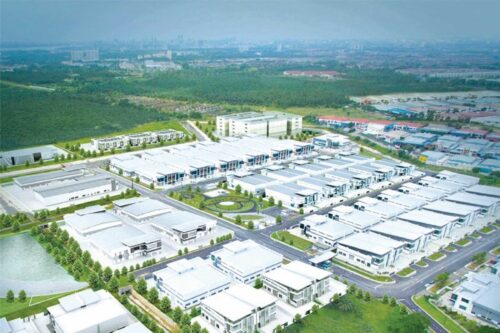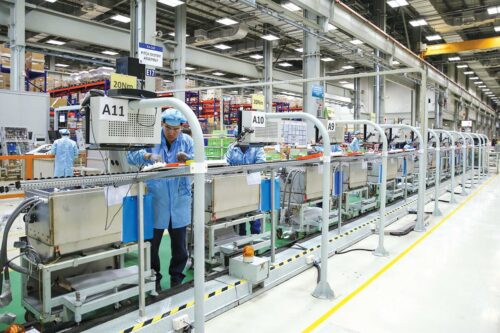The article by Mr. Dinh Hong Ky was published in Saigon Economic Times Online on June 18, 2025.
(KTSG Online) –
Instead of establishing state-owned corporations, Ho Chi Minh City (HCMC) could upgrade its approach to public investment. A suitable model to consider is a state investment fund that operates on market principles and is not influenced by administrative orders.
While HCMC is currently considering setting up five state-owned corporations to lead key sectors such as infrastructure, social housing, high technology, and public transportation, I believe the city needs a different model — a smart public investment organization rather than adding another layer of administrative state-owned enterprises.
The establishment of state-owned enterprises with the goal of “driving development” is not new. Vietnam has implemented numerous state enterprises in the past, many of which became fiscal burdens or required restructuring after prolonged losses.
What is different this time? If the model retains the old governance style — combining administrative management with business operations — the effectiveness will likely fall into the same old cycle: dispersed investments, lack of transparency, and difficulty in assessing performance through market mechanisms.
Instead, HCMC could consider a model like Singapore’s highly successful Temasek investment fund.
Singapore did not set up administrative state corporations to intervene in the market; instead, it established Temasek Holdings, a state investment fund operating like a professional investor with an independent board, annual financial disclosures, and performance evaluated through clear quantitative metrics.
Temasek does not directly build housing or operate transit systems but holds strategic shares, invests selectively, and creates opportunities for the private sector to thrive. HCMC could learn from this model. A “Temasek HCMC” could hold state capital and invest in infrastructure, energy, digitization, while operating on market principles without being controlled by administrative directives.
One principle to uphold is that if the private sector already does well in an area, the state should not interfere. We cannot simultaneously call for private investment and allow state enterprises to “compete covertly” in sectors where private companies have proven effective. The Prime Minister’s directive is clear: “What the private sector can do well, the state must decisively not do.”
Currently, HCMC has 46 state-owned enterprises, including 22 public service companies at the district level. Many operate in sectors where the private sector already performs effectively, from waste collection, greenery management, warehouses to real estate and logistics.
What is needed is not creating more state enterprises but resolutely equitizing state-owned companies overlapping with the private sector to focus resources where the market cannot yet reach.
No one denies the state’s role in enabling development. However, enabling does not mean “taking over.” Public investment should focus on foundational sectors that the private sector is unwilling or unable to invest in effectively — such as open data and urban digital infrastructure; large-scale public transit (metro, BRT); social and worker housing; energy transition; waste treatment; and green infrastructure.
Even in these areas, the state’s role should be policy design, initial capital contribution, and transparent bidding, rather than direct investment, construction, or operation.
The Politburo’s Resolution 68-NQ/TW on private sector development clearly defines the private sector as a crucial driving force of the socialist-oriented market economy. Continuing to expand state-owned enterprises without institutional reform will not only slow innovation but also inadvertently weaken the private sector — the very source of vitality the system seeks to unleash.
It is time for HCMC to choose a different path — not expanding bureaucracy but upgrading public investment methods; not creating more state corporations but building a modern, transparent, efficient, and better risk-controlled entity to hold and invest public capital.
The state does not need to be stronger than the market. What we need is a state that invests in the right place, in the right way, and with the right role.


